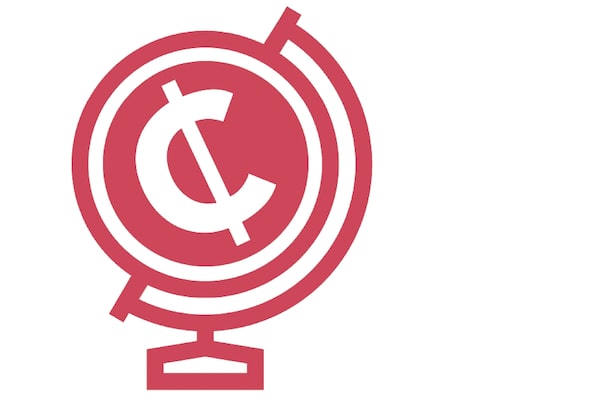
Source: Getty Images/istock
Harold James is the Claude and Lore Kelly professor in European studies and professor of history and international affairs at Princeton University. His most recent book, Seven Crashes: The Economic Crises That Shaped Globalization, is a finalist for this year’s Lionel Gelber Prize, presented by the Munk School of Global Affairs & Public Policy.
Many people today believe that globalization is collapsing. In this view, the world is replaying the tragedies of the 1930s, with rival blocs and escalating military conflict. But really the Great Depression analogy is wrong.
The COVID-induced supply shortages that jolted contemporary globalization have different historical parallels. Two stand out. In the 1840s, widespread hunger in Europe – not just in an Ireland ravaged by the potato famine – brought financial and then political upheavals. In the 1970s supply shock, Western democracy appeared vulnerable after the energy crisis in the wake of the Yom Kippur War and OPEC price hikes. But these supply shocks came at the beginning of dramatic intensification of globalization, not a collapse.
There was a common pattern. Acute food shortages produce famine; infectious diseases spread among an undernourished population; social unrest flares; political systems are challenged and destroyed. The attention of the world focuses on particular hot spots that dominate the geopolitical imagination – the Dardanelles, the eastern Mediterranean, the Red Sea, the South China Sea. The passage between the Black Sea and the Mediterranean assumes a global significance, a thin needle that connects the grain-producing areas of autocratically controlled central Eurasia to hungry or starving consumers. That is history, and we’re now living through it again.
The traumas that contemporary societies, voters and governments face constitute the fundamental drivers that bundled together make us more willing to reimagine how human ingenuity, and new techniques, may be used to solve problems and connect peoples across the world.
Supply shocks at first sight are terrifying. People are hungry, miserable, disoriented. Anyone who controls a supply bottleneck begins to use it to their advantage. After COVID shortages, energy exporters immediately thought about how to apply the squeeze on importing countries. It wasn’t simply the case of Russia using its gas and oil to intimidate European countries. Algeria, locked in a conflict in the western Sahara, threatened Spain with a gas embargo. The Houthis see the Red Sea as a place where they can squeeze the jugular vein of the rich industrial world. Shortages underscore multiple vulnerabilities.
How did the globalization surges of the past originate? Scarcity creates new incentives, focusing on the advantages of networking across distances. The transformative technologies may be old: The steam engine that revolutionized the world in the mid-19th century with railroads and transoceanic steamships was an innovation of the 18th century. The container ship that changed international commerce in the 1970s had originally been conceived of 40 years earlier. In the face of supply shocks, old obstacles to the implementation of new technology get swept away.
We can already see the innovation-sparking effects of COVID-19. The mRNA vaccine was deployed with lightning speed at the outbreak of the pandemic, but now offers solutions to a wider range of illnesses, including common cancers. The use of AI applications has been accelerated because of the new circumstances of scarcity. The innovations rely on older technologies, but their uptake results from the urgency of crisis.
Looking back on the history of globalization, we see contrasting shocks. When contagious and widespread financial crises destroy demand, as in the interwar Great Depression or in the Great Recession, countries initially try to respond with fiscal and monetary mechanisms to create more domestic demand, before turning inward. But when the challenge is a supply shock, the initial response may often be the same autarkic impulse, but the costs are too high, and the considered answer requires more opening, and more innovation, in government, business, society and technology.
Crises that initially look to be purely devastating, bringing death and destruction, often prove to be transformative: They lead to new impetuses to technical change, and also to more globalization. In the gloom of 1919, John Maynard Keynes had feared that “all this makes it increasingly probable that things will have to get worse before they can get better.” But we learn most when the present is most dismal.